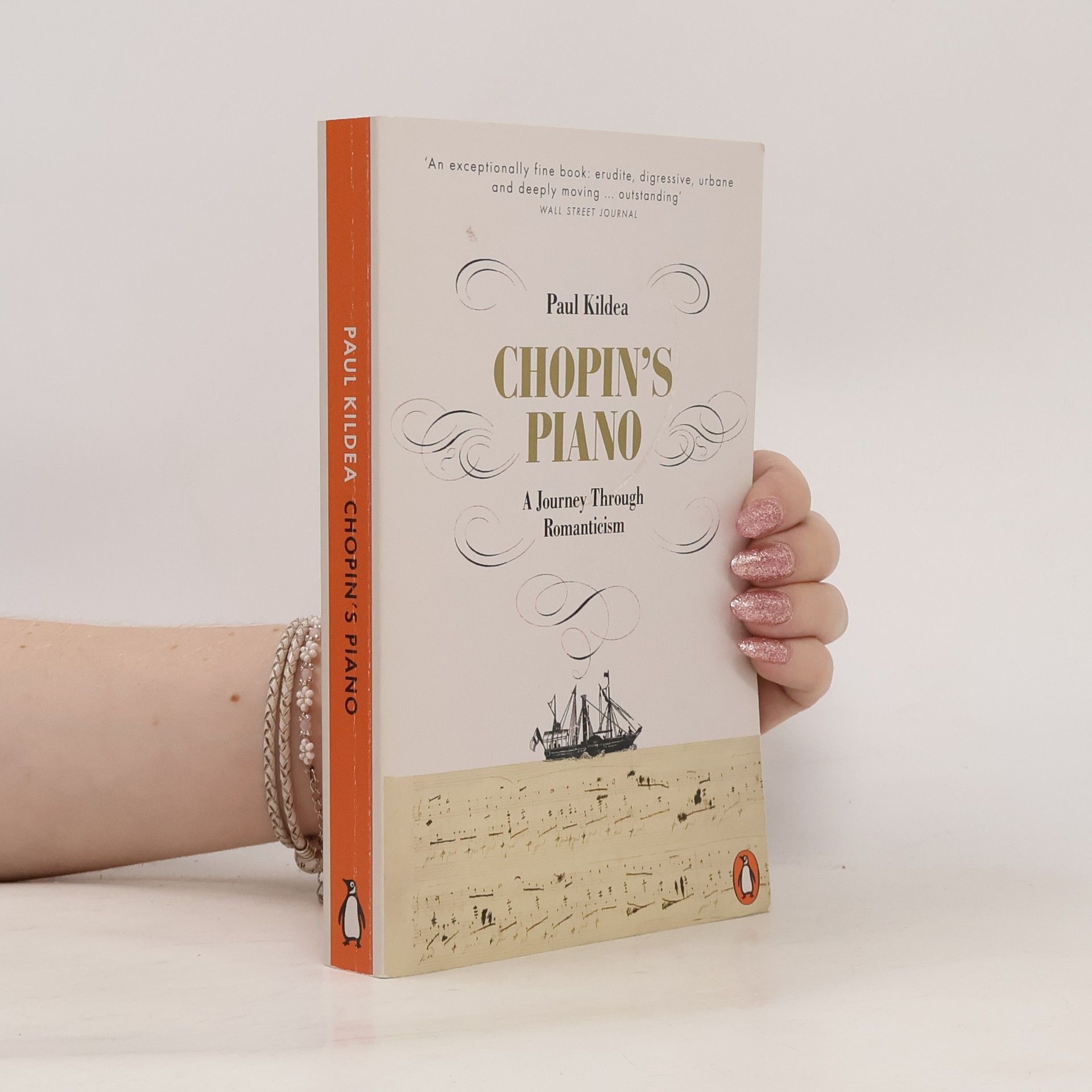Benjamin Britten
- 688pagine
- 25 ore di lettura
Benjamin Britten was Britain's foremost twentieth-century composer, often regarded as the greatest since Purcell. He broke away from the romantic nationalist tradition of composers like Parry, Elgar, and Vaughan Williams, reinventing English music in a modern European style. With operas such as Peter Grimes and Billy Budd, he created works that have entered both popular culture and the musical canon. Despite facing challenges due to his pacifism, which made him suspect during and after World War II, and his homosexuality, particularly his long relationship with Peter Pears, Britten's influence remained profound. Kildea's book effectively traces the evolution of Britten and Pears' relationship and their life in Aldeburgh, a setting that significantly shaped Britten's work. The narrative highlights how Britten fostered a creative community through the Aldeburgh Festival and Snape Maltings, while also revealing the personal costs of his ambitions on friendships and the lives of those around him. Kildea delves into Britten's music, offering insights into his creative process that are accessible to readers without formal musical training. This biography stands out as one of the most moving and enjoyable accounts of a creative artist in recent years.

